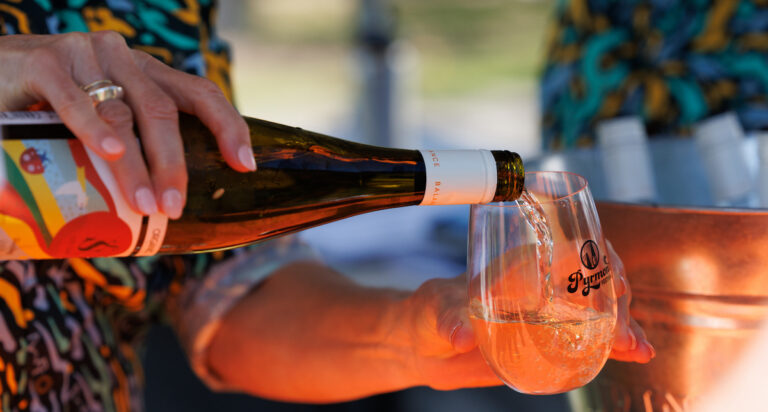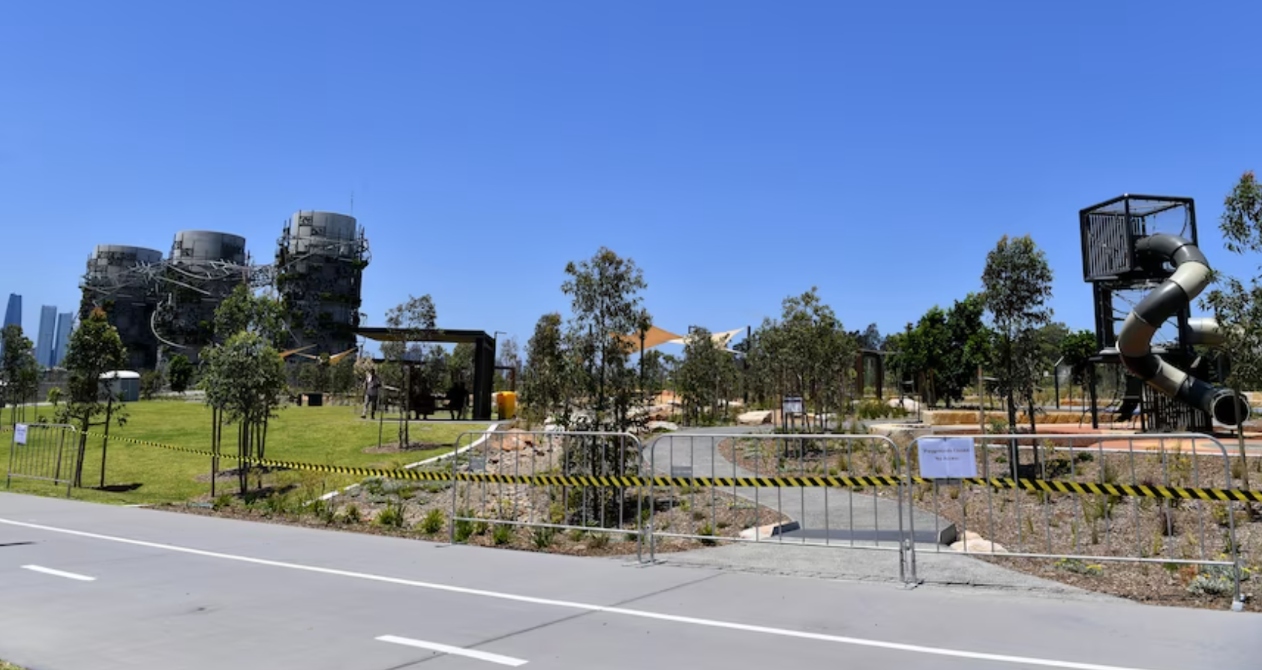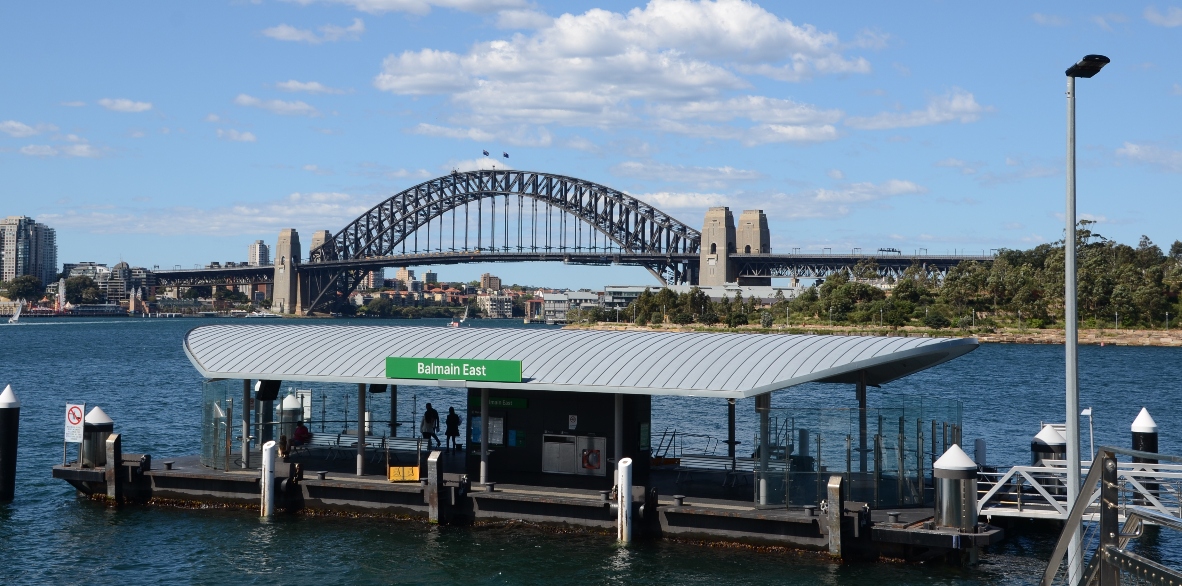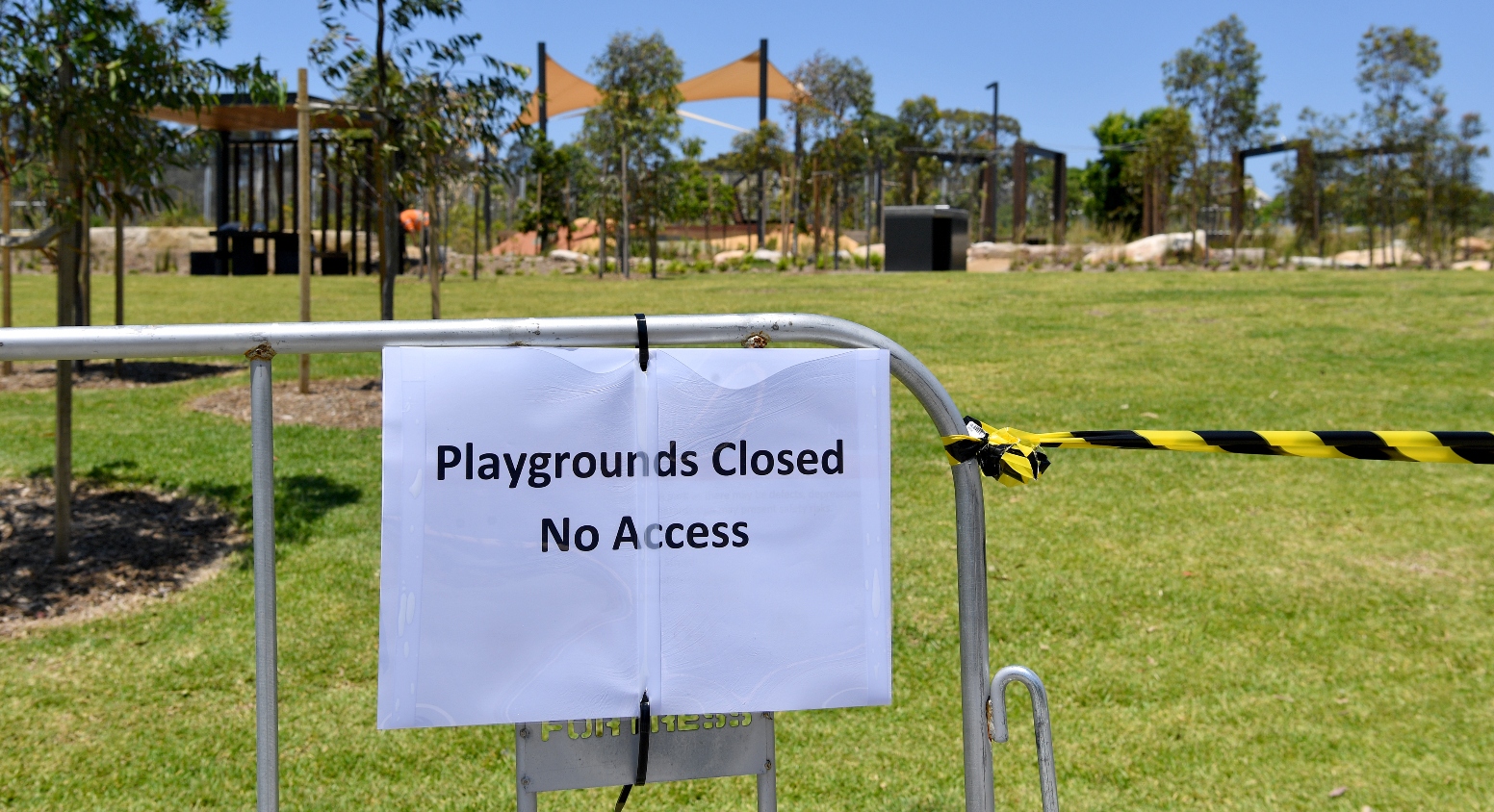
Pill-testing on political agenda

By Laura Neill
Pill-testing may be forced onto the NSW government’s election agenda after yet another drug-related death at a Victorian festival on New Year’s Day.
In the last days of 2018, a 20-year-old Victorian man was flown to hospital in a critical condition after ingesting an unknown substance at Beyond the Valley music festival in Lardner, eastern Victoria. He died on New Year’s Day. Another man in his 20s was also airlifted to hospital from the same festival after suffering a drug overdose, but was discharged.
This latest tragedy marks the fourth drug-related festival death in Australia since September.
Former Australian Federal Police Chief Mick Palmer is one of many who are demanding that the government bring pill-testing to the agenda and consider the evidence of its success in minimising risky drug-taking behaviour.
According to Mr Palmer, the “hard truth” is that drugs are accessible to young people, and that threats, arrests and the current “Just Say No” campaign are not effective in saving young lives.
“Young people can get drugs easily, but don’t know what they are taking,” he said. “Decades of a punitive approach where we arrest young people has not worked. It is time to take practical steps to make parties safer for our kids.”
NSW Premier Gladys Berejiklian has said that her government would not support anything that appeared to “normalize” drug-taking.
“We do not support a culture that says it is OK to take illegal drugs, and I am worried about the number of people who attend these events who think it is OK to take illegal drugs.”
But Shelley Smith, media spokesperson for the “Take Control” campaign, said that pill-testing doesn’t condone drug-taking behaviour.
“[Pill-testing] is an information service that reduces harm by providing people with as much information as possible so they can make a better informed decision about their drug use,” Ms Smith said.
In April last year, Australia’s first ever pill-testing pilot was launched at the Groovin’ the Moo festival in Canberra. A collaboration between Safety and Testing and Advisory Service at Festivals and Events (STA-SAFE), the ACT government and ACT Police, the trial involved a mobile laboratory where doctors and chemists photographed, weighed and tested drugs with a spectrometer to determine their major components. After receiving the results, festival-goers had the option of disposing of their drugs in an “amnesty bin”.
In all, 128 participants used the service, a number that Ms Smith said well exceeded their expectations. STA-SAFE reported that five people used the amnesty bin.
“It started off as a trickle and by early afternoon we had a line-up. People were very receptive and curious,” Ms Smith said. “A lot of people I talked to who came to get their drugs tested found out a lot of stuff they didn’t realize before about drug use and the adverse consequences, so it did make them reconsider the way they use drugs. People did discard their drugs when the results weren’t what they expected.”
The findings of the trial showed that 50 per cent of substances tested contained adulterants such as hairspray, glue, toothpaste or paint, while the other 50 per cent of samples contained pure MDMA, which is also dangerous due to its purity. Two of the samples tested contained the potentially lethal substance N-Ethylpentylone, which has been responsible for mass casual overdoses overseas. Ms Smith said that the owners of these harmful samples were shocked.
“It wasn’t what they were expecting,” she said. “[The results] definitely made them reconsider their drug use.”
Internationally, drug-testing trials have displayed overwhelming evidence that educating festivalgoers about exactly what was in their pills minimizes harm and saves lives.
Pill-testing is already in operation in European countries such as the Netherlands, Switzerland, Austria, Belgium, Germany, Spain and France.
In 2017, the UK drug charity The Loop offered pill-testing at several festivals, including the Secret Garden Party Festival in Abbots Ripton, and Boomtown in Winchester. That year, drug-related hospitalizations at the Secret Garden Party plummeted from 19 in 2016 to one, and at Boomtown, drug-related incidents were reduced by a quarter.
Across all events, one-fifth of people who tested their drugs handed them over for disposal, and another fifth said they would dispose of them themselves, and around 2 in 5 said they would use the drugs in smaller amounts, or not mix the pills with other drugs.
Drug awareness campaigner Adriana Buccianti has said that this kind of service might have saved her son Daniel, who was found dead in his tent after a drug overdose at the Rainbow Serpent Festival in Western Victoria in 2012.
“He never imagined that he would take something that he’d never taken before,” Ms Buccianti has said.
“If [pill-testing] was available he would have used it. Nobody wants to come out of there in a body bag.”
While pill testing may not be a “silver bullet,” Mr Palmer said it’s a “proven and positive” way to prevent drug-related tragedies.
“It must be at least trialled on a pilot basis,” he said. “If it doesn’t work, then stop it.”









